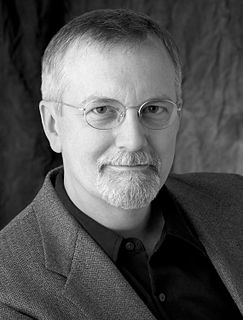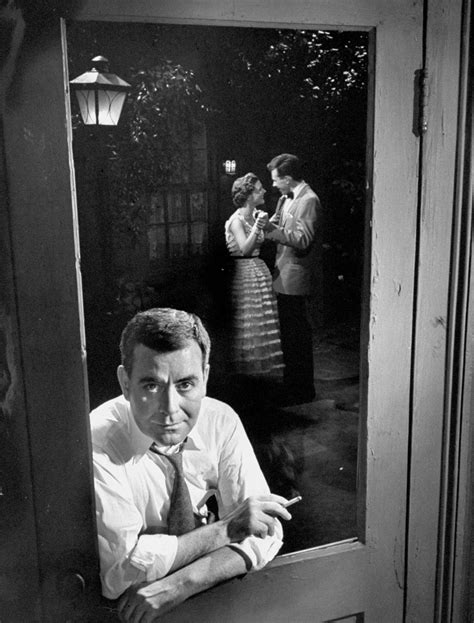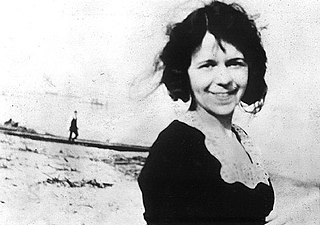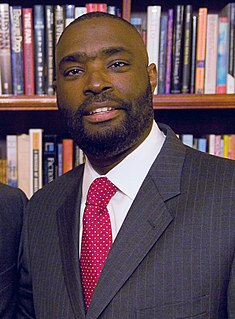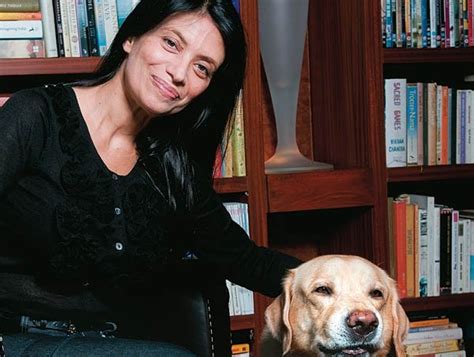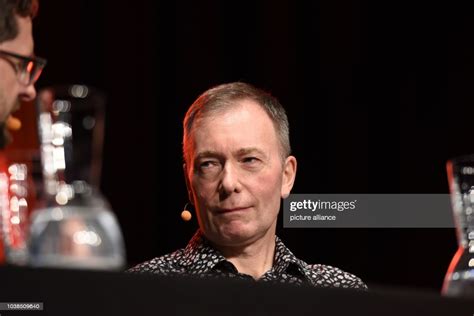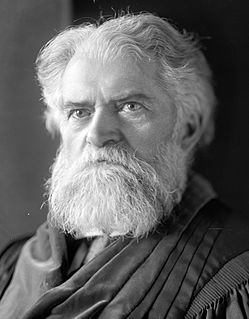A Quote by Charles J. Shields
Bernard Vonnegut, named for his paternal grandfather, was born August 29, 1914. He was a serious-looking little boy, even in informal photographs.
Related Quotes
The Little Mute Boy The little boy was looking for his voice. (The king of the crickets had it.) In a drop of water the little boy was looking for his voice. I do not want it for speaking with; I will make a ring of it so that he may wear my silence on his little finger In a drop of water the little boy was looking for his voice. (The captive voice, far away, put on a cricket's clothes.) Translated by William S. Merwin
Who will cry for the little boy, lost and all alone?
Who will cry for the little boy, abandoned without his own?
Who will cry for the little boy? He cried himself to sleep.
Who will cry for the little boy? He never had for keeps.
Who will cry for the little boy? He walked the burning sand.
Who will cry for the little boy? The boy inside the man.
Who will cry for the little boy? Who knows well hurt and pain.
Who will cry for the little boy? He died and died again.
Who will cry for the little boy? A good boy he tried to be.
Who will cry for the little boy, who cries inside of me?
In seventh grade, with some vague sense that I wanted to be a writer, I crouched in the junior high school library stacks to see where my novels would eventually be filed. It was right after someone named Kurt Vonnegut, Jr. So I grabbed a Vonnegut book, 'Breakfast of Champions' and immediately fell in love.
I know my grandfather drank occasionally socially, what we call "taking a sip." And my father never touched the bottle. He condemned my grandfather for doing that, and his punishment to his father was when my grandfather came to visit him from Georgia, he would not allow my grandfather to preach in his church.Even though my classmates very often drank alcohol in my presence and they would try and get me to join in, I felt, no, I didn't need that.
My paternal grandmother would not light a fire on the Sabbath and piled all Sunday's washing-up in a bucket, to be dealt with on Monday morning, because the Sabbath was a day of rest--a practice that made my paternal grandfather, the village atheist, as mad as fire. Nevertheless, he willed five quid to the minister, just to be on the safe side.
